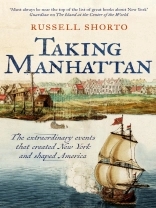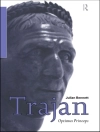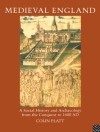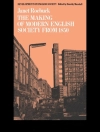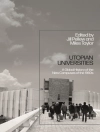In 1664, England decided to invade the Dutch-controlled city of New Amsterdam on Manhattan Island. Charles II and his brother, the Duke of York, had dreams of empire, and their arch-rivals, the Dutch, were in the way. But Richard Nicolls, who led the English flotilla bent on destruction, changed his strategy once he began parleying with Peter Stuyvesant, the Dutch leader on Manhattan.
Bristling with vibrant characters, Taking Manhattan reveals the founding of New York to be an invention: the result not of a violent English takeover, but of clever negotiations that led to the fusing of the multiethnic, capitalistic society the Dutch had pioneered to the power of the rising English empire. But the birth of what might be termed the first modern city is also a story of the brutal dispossession of Native Americans and of the roots of American slavery.
Based on newly translated sources, Taking Manhattan shows how the paradox of New York’s origins — boundless opportunity coupled with subjugation and displacement — reflect America’s promise and failure to this day.
Sobre el autor
Russell Shorto is the author of the acclaimed and bestselling Island at the Center of the World, and a number of other books including Amsterdam: A History of the World’s Most Liberal City and Descartes’ Bones. He writes regularly for The New York Times Magazine, The New Yorker, and many other publications. He is the director of the New Amsterdam Project at New-York Historical Society. He lives in Maryland.
